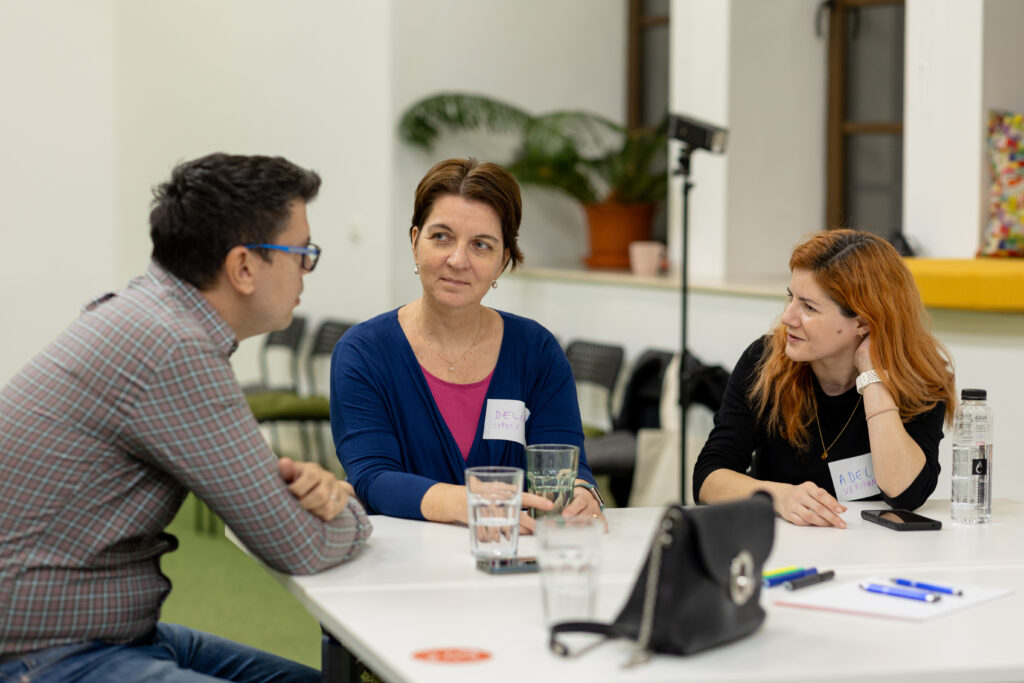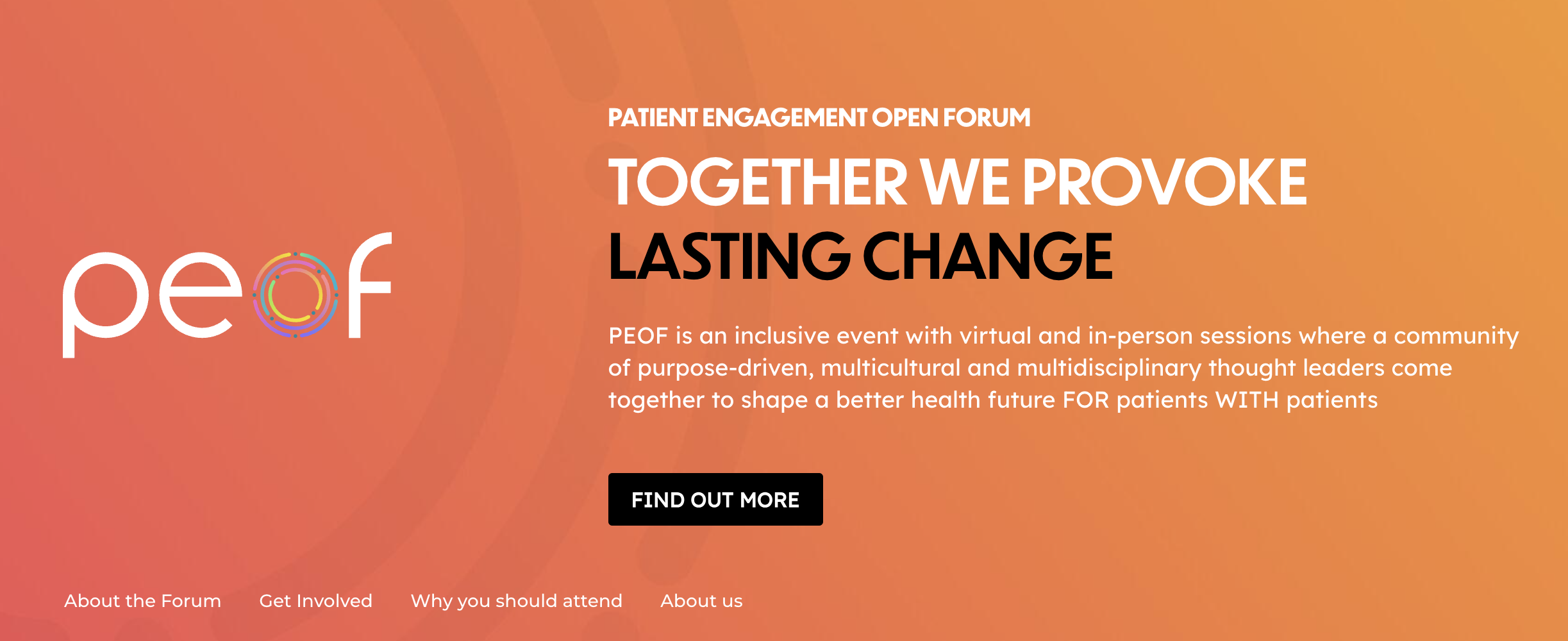Some might argue that the pandemic has brought completely new approaches in digital marketing. But the reality is that the only thing the current context has led to is an acceleration of existing trends that were to become powerful anyways.
Siloed approaches, where marketing, sales and client service departments are not aligned and unprepared to answer clients’ needs at any stage of their customer journey are more inefficient than ever. Not being able to meet your clients where they want to and offer them relevant answers even before them knowing they need you and your services means losing an extremely important opportunity.
Adobe’s 2019 Digital Trends report reveals that the most exciting business opportunity for 2020 is customer experience – and a good experience can be obtained only through an integrated approach.
Also, given the new reality, empathy, honesty, willingness to help and not just a focus on sales are also key elements in any digital marketer’s strategy. These directions rule content marketing, that should stop being too vague or too rigid.
As in any crisis situation, we must analyze and understand the context really well, as well as the way our business model fits this context. We must rethink our marketing strategies and adapt them accordingly to the direction we assume the economy will move towards. Miruna Ursache, SmartBill
One can generate even 1000 leads using more aggressive campaigns, with a high volume of targeted contacts. But if your internal processes aren’t correctly aligned, you won’t see many conversions. Furthermore, you might create the premises of a negative impact on your future, integrated, personalized and smarter campaigns conversions. Ioana Şerban, FintechOS
Online marketing and e-commerce marketing will become more and more competitive, both in the paid area, as well as in the organic optimization one. It’s possible for the pandemic to have a beneficial effect when talking about niche digital marketing: influencer marketing, relationship marketing. Vlad Ionescu, Tokinomo, Ex UiPath
This context has led to more rought content being published. No more studios. No more strategies planned for years. No more constrains to follow extremely high professionalism and quality standards. I think this is what the audience wants. To see less perfection and more vulnerability. Miruna Dragomir, Planable
Obviously, given the new regulations, we don’t see as many offline events and certainly, they aren’t as big and imposing as they used to. Almost everybody migrated online (which also translates into a lot of noise, making it more difficult for marketers and companies to stand out) and are now fighting sometimes for the same audiences’ attention.
As we were saying, there are very few new trends. A need for more personalized content existed long before the pandemic. In November 2019, specialists were talking about types of content marketers should stop creating: keyword-based SEO pieces, bland videos, unnecessary emails, live webinars as the only form of online talk format, static PDFs, content you have to pay for after you’ve already consumed part of it without being aware of this.
HubSpot specialists also state that we should stop creating content and publishing content just for the sake of it. Content that doesn’t bring any added value is useless: “ Today, creating content for the sake of creating content, or simply to gain organic traffic, isn’t beneficial to anyone — not to your brand, prospects, or audience. It’s easy to get caught up in the race to publish as much content as possible with the goal of driving the greatest amount of traffic to your site.”
Famous marketer and entrepreneur Joe Pullizi emphasizes this idea, saying:
Our job, as marketers, is not to create more content. It has never been about that. It’s about creating the minimum amount of content with the maximum amount of behavior change in our customers (hat tip to Robert Rose). For that to be possible, what you are creating has to be valuable, useful, compelling and, yes, different.
Here are some more insights we learned from the specialists we talked to in our latest eBook “What has changed in digital marketing for tech and software companies” (you can download it for free here in Romanian):
What will definitely stop working in digital marketing is standard content. People want to obtain immediate value from the content they consume, so we should focus more on personalized, human content, on newsletters and really useful webinars. Lorand Minyo, Blugento România
I don’t think that direct email, print/outdoor, very specific user/lead acquisition campaigns are efficient anymore. Offline events are off the table. Ilinca Drăgănescu, Jobful
We’ve tried PPC advertisement on different channels (Google Search and Display, LinkedIn), but a short conversion funnels means high costs and we haven’t found a satisfying formula just yet. Erika Kramarik, Tapptitude
One of our competitors received an investment of over 100 million euros and its focus is almost exclusively on online advertising (I assume this model works for them). This tactic doesn’t bring results for us, first of all because of the budget difference. Andrei Ţiţ & Laurenţiu Bancu, Paymo





